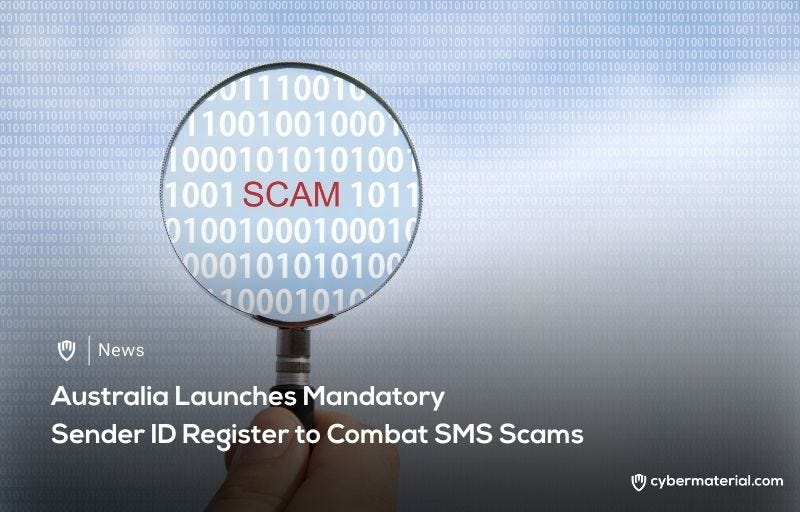
In a decisive move to combat the rise of SMS scams, the Australian government has introduced a mandatory Sender ID Register, which will help prevent fraudulent messages from reaching consumers. Annou…

In a decisive move to combat the rise of SMS scams, the Australian government has introduced a mandatory Sender ID Register, which will help prevent fraudulent messages from reaching consumers. Annou…